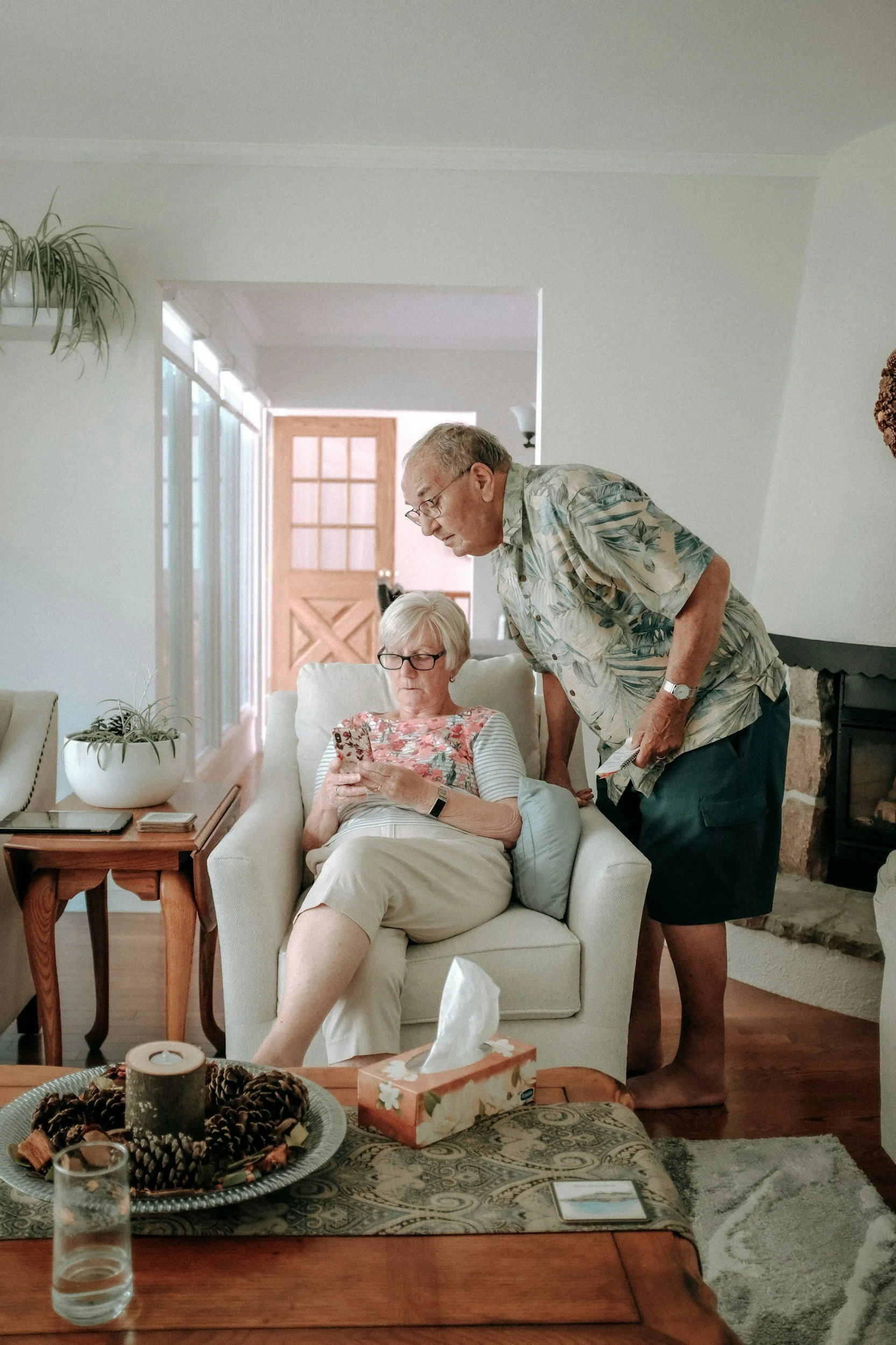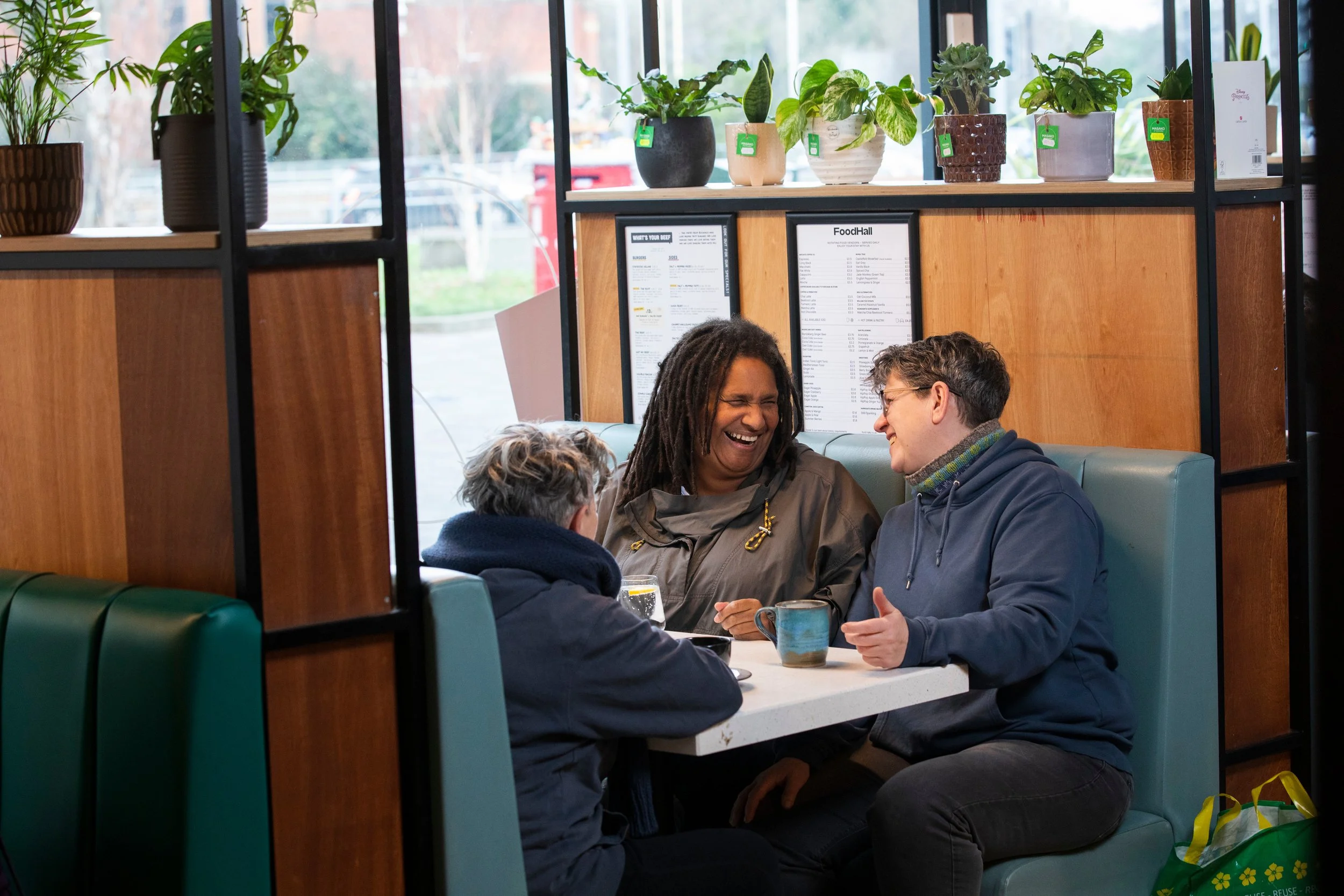SDS Option 1 (Direct payment)
A direct payment gives you the flexibility, choice, and control to manage your individual budget to purchase appropriate goods, activities, and services. You make decisions best suited to meet your assessed support needs and outcomes, including how and when you will be supported.
How does it work?
As part of creating a support plan, you agree with your social worker the things you want support to help you with, and they will let you know how much budget the council will give you as a Direct Payment to pay for this support.
You will be asked to sign a Direct Payment Agreement which is an agreement between you and the council. This says that you agree to manage the Direct Payment according to the council’s rules.
You can ask for the money to be paid in instalments, which means bit by bit, or in a lump sum. Your council should be able to explain to you how the payment will be made and when.
You can use a Direct Payment in any way, if it will provide the support you have agreed with your social worker.
It is up to you to find the services, get in contact with them and agree the arrangements. It is important that the services or support you buy will help you meet your personal outcomes.
Personal Outcomes are things that are important to you and that you need support to help you achieve.
This could include:
Employing Personal Assistants to support you
Buying services from a social care support agency
Buying services from a registered support provider
Buying services from the council
Paying for other services (for example an exercise class), and breaks
Buying items that will help you meet your agreed outcomes.
Becoming an employer
Choosing Option 1 may involve hiring Personal Assistants (PAs) to support with caring needs. If you’ve never been an employer before, it might feel a little bit daunting. Watch our discussion with Gaynor, who employs PAs to support meet the needs of her son. Find out what it’s really like to be an employer, and hear top tips on being in control of making SDS work for you.
Is this the right option for me?
If you choose Option 1, you will have lots of responsibilities, but we’re here to offer you support.
Part of your responsibility is to show the council that you are using the money to meet your outcomes. You will need to keep records of what the money has been spent on.
If you are employing Personal Assistants, you should also show that you are being a good employer and meeting the legal responsibilities of being an employer. Find out about the Personal Assistant Programme Board.
You can ask for your Direct Payment to be paid to and managed by someone else (a third party). In this case you should still have control, but you will not handle the money itself. The council will check that the third party understands their responsibilities.
If you want to use a Direct Payment for some parts of your support, but not all of it, you can explore this by choosing Option 4.
Who can choose Option 1?
Most people who are eligible for formal social care support through their council should be able to choose Option 1.
This includes adults, children and young people (up to the age of 18, a nominated adult manages the money), and people with any type of impairment or support need.
The law says the council must offer you the opportunity to use Option 1, unless:
your safety would be put at risk by being given money directly
you need long term residential care or nursing care
you have had Option 1 in the past and it was stopped for a reason
Option 1 must also be offered to unpaid carers who are eligible for support in their own right.
Download our SDS Resources
Download our factsheet on Option 1
How to prepare for an assessment
Download our top tips for accessing SDS
Catriona’s story
There are lots of examples of people who have chosen Option 1 to have maximum control and responsibility over their support.
Take a look to see how it works for different people and what types of support they purchase with their Direct Payment.
Mrs Tang’s story
Our friends at MECOPP supported people to experiment with using small amounts of money to make a big difference to their life, to see how Self-Directed Support could work.
Self-Directed Support Options
-
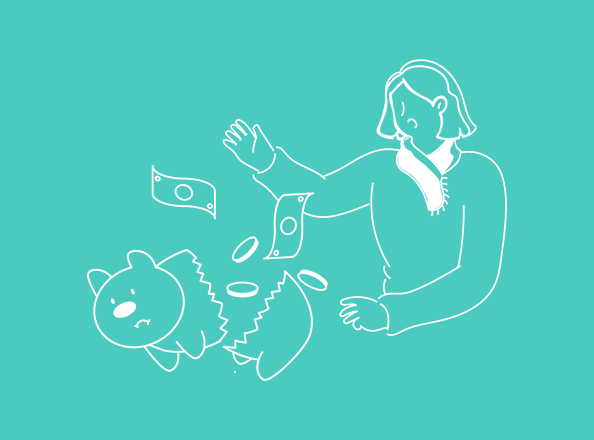
Option One: A Direct Payment
You can use this to choose and control your support e.g. employing a personal assistant
-
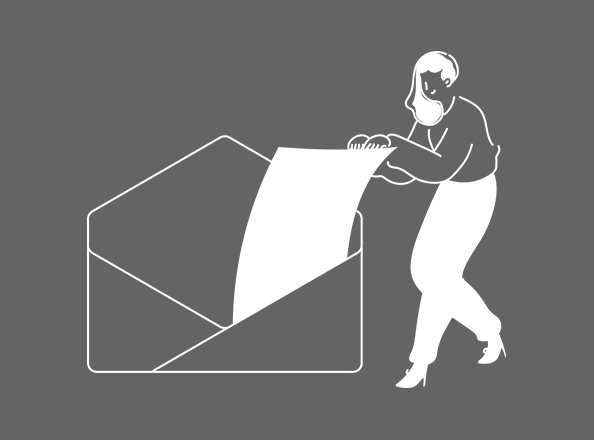
Option Two: Individual Service Fund
You choose what support you would like and the Local Authority makes the arrangement
-

Option Three: Direct Service
The Local Authority selects the support and arranges it.
-
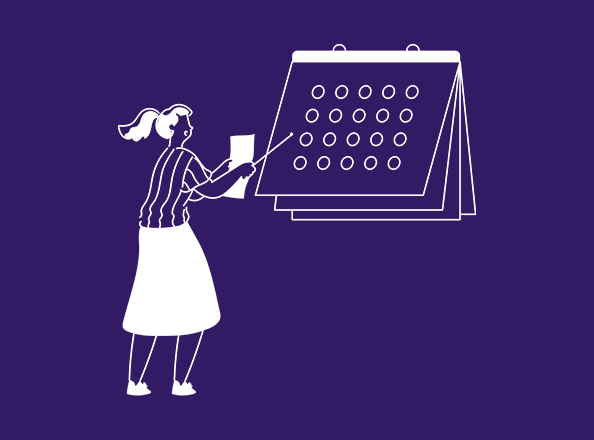
Option Four: Mix & Match
You choose a mix of the available options that works for you.
About Option 1
Your most asked questions
-
By law, the council must offer you the option of using Option 1, unless:
your safety would be put at risk
you need long term residential care or nursing care
you have had Option 1 in the past and it had to be stopped for some reason
If your council decides they are not going to offer you Option 1, they should explain clearly to you why this is.
The legal guidance given to councils say they cannot refuse you a Direct Payment (Option 1) if:
you are disabled and this means it would be a challenge (even a significant challenge) to manage a Direct Payment
you have dementia or a learning disability, or any other disability which means you would need extra support to manage a Direct Payment
The council cannot use any of these reasons to deny you the opportunity to use Option 1.
It is a good idea to get help from a local Independent Support Organisation, Carers’ Centre or Advocacy Service if you have been told you can not get a Direct Payment and you think this is wrong. text goes here
-
Unfortunately, lots of support services are very stretched at the moment. This can make it hard to get the support you need through your council or a support provider, even if this is your preferred option.
We know that some people have been encouraged to use Option 1 to enable them to get support in place sooner. But, not everyone feels confident about taking on the responsibilities this brings.
If you are in this situation, you may find it helpful to speak to your local Independent Support Organisation. You can find their details using the Find Help search tool.
They may be able to support you to challenge your local council if you feel you are being pushed into Option 1.
They may also be able to offer you help to arrange support through Option 1. There is lots of help available if you are faced with using this option.
-
Direct Payments are designed to give you maximum flexibility in how you use it to meet your personal outcomes – these are the things that you need support to help you achieve.
You should agree your outcomes with your social worker as part of the assessment and support planning process.
It is a good idea to speak to your local Independent Support Organisation for help if you have been told you cannot spend your Direct Payment on certain things.
-
You can only spend your Direct Payment on things that will help you meet your agreed outcomes.
One person may have agreed with their social worker that one of their outcomes is “to stay fit and healthy”, so they choose to buy exercise classes to help them achieve this.
Once you have agreed your outcomes, you should be able to decide how to spend the Direct Payment to meet those outcomes.
If your council can show that you are not spending your Direct Payment to meet your agreed outcomes, they have the power to stop the money.
It is a good idea to speak to your local Independent Support Organisation who can help you think about what you can spend your budget on to help you achieve your outcomes.
-
Some councils prefer people to use a pre-paid card, but you should be able to choose how you receive the Direct Payment, including it being put in a bank account.
More questions?




